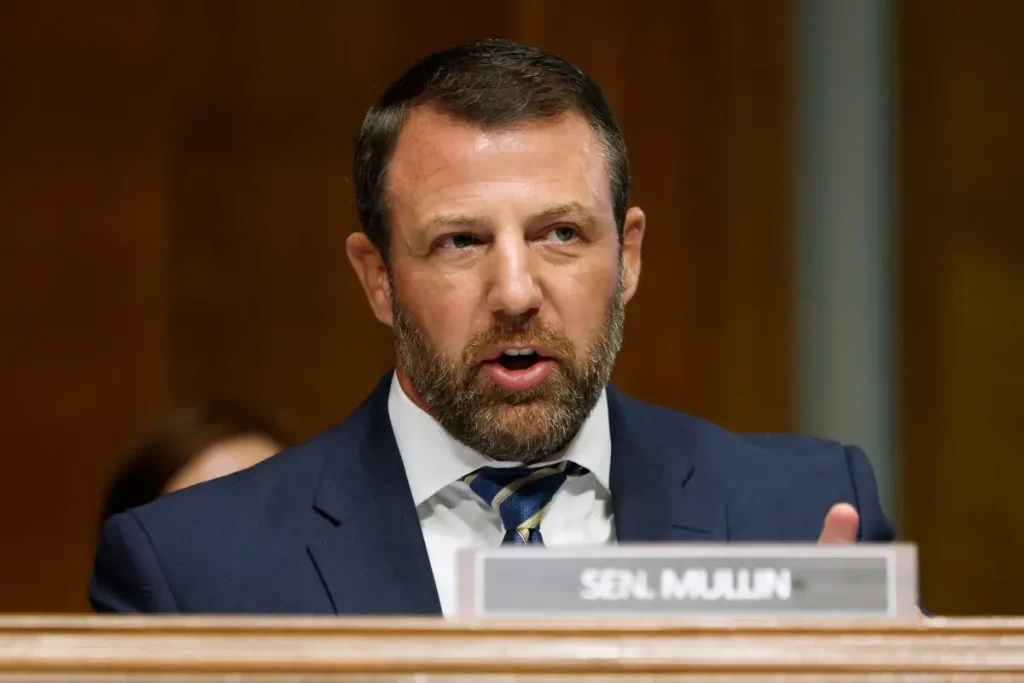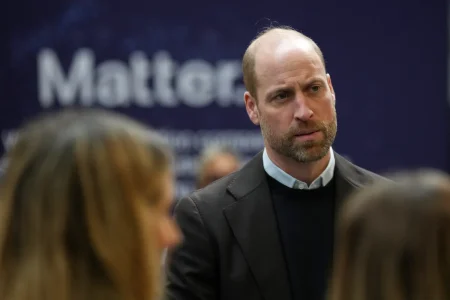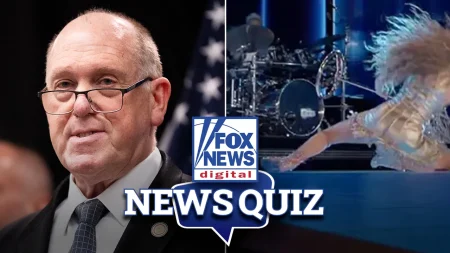Republican Leaders Divided Over Leaked Young Republican Messages
In a striking display of internal Republican division, Senator Markwayne Mullin of Oklahoma has firmly rejected Vice President JD Vance’s characterization of offensive messages shared among Young Republican leaders as merely “jokes.” The controversy stems from a recent Politico exposé revealing thousands of private group chat logs containing deeply troubling content, including racist slurs, antisemitic remarks, misogynistic language, and calls for violence. While the Young Republican National Federation’s Board of Directors has condemned the messages as “vile and inexcusable,” the incident highlights significant differences in how Republican leaders are approaching accountability within their ranks.
The leaked messages, which spanned several months and involved Young Republican leaders from states including New York, Kansas, Arizona, and Vermont, have emerged at a particularly sensitive moment in American politics. Following the assassination of conservative activist Charlie Kirk and amid heightened political polarization, the scandal raises serious questions about the standards of behavior expected from rising political figures. Vice President Vance responded to the controversy by downplaying the messages, stating on The Charlie Kirk Show that “kids do stupid things” and that “young boys tell edgy, offensive jokes.” He further expressed concern about “canceling kids because they do something stupid in a group chat,” suggesting that the consequences might be disproportionate to what he characterized as youthful indiscretions.
Senator Mullin, however, offered a starkly different perspective when questioned about Vance’s remarks on CNN. “I didn’t hear the vice president’s remarks, but I would never let my kids joke like that,” Mullin stated firmly. “That’s a solid no.” Drawing on personal family history, the Oklahoma senator explained, “My grandfather fought in World War II. He went over on Omaha Beach. He saw the despicable things that the Nazis did to not just the Jewish people, but to other countries and other races along the way. He went into a concentration camp.” For Mullin, such language crosses a clear line: “It’s not room to joke for me. It’s a hard stop that you’re not associated with me whatsoever if you think that’s funny.” This profound disagreement between two prominent Republican figures underscores the challenge the party faces in establishing consistent ethical standards.
Mullin also highlighted what he sees as an important distinction in how the two major parties handle internal misconduct. The senator contrasted the Republican response to these messages with Democratic reactions to controversial text messages from Jay Jones, a Democratic candidate for attorney general of Virginia. “We hold our own accountable inside the Republican Party. We won’t allow that to happen,” Mullin asserted, suggesting that Republicans maintain higher standards of accountability than their political opponents. However, this claim has been challenged by Democratic leaders like House Minority Leader Hakeem Jeffries, who accused prominent New York Republicans Mike Lawler and Elise Stefanik of “palling around with these racist, antisemitic and bigoted ‘Young Republicans’ for years,” calling their silence on the matter evidence of “phony outrage” and “performance.”
The Young Republican National Federation has taken a clear stance against the revealed messages. In their official statement, the Board of Directors expressed being “appalled by the vile and inexcusable language” and declared such behavior “disgraceful, unbecoming of any Republican, and stands in direct opposition to the values our movement represents.” Their statement included a call for accountability: “Those involved must immediately resign from all positions within their state and local Young Republican organizations.” This position aligns more closely with Senator Mullin’s zero-tolerance approach than with Vice President Vance’s more dismissive characterization of the messages as youthful indiscretions that don’t warrant severe consequences.
As the Republican Party continues to grapple with this scandal, the divergent responses from its leaders reveal deeper questions about the party’s values and commitment to accountability. The fractures exposed by this controversy will likely shape both internal policies and public perception heading into the 2026 midterm elections. While resignations have been demanded by the Young Republican National Federation and various GOP officials, the ultimate impact remains uncertain—particularly given the mixed messages from party leaders. This incident serves as a reminder of how political parties must continuously navigate the tension between defending their members and upholding ethical standards, especially in an era when private communications can quickly become public controversies with far-reaching consequences.















